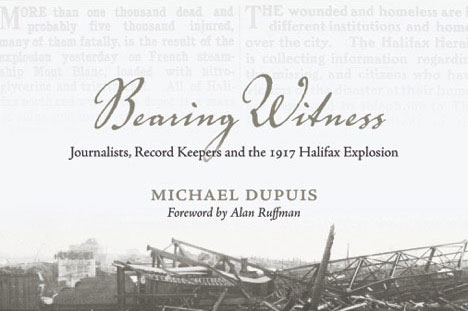Duty to Dissent

Duty to Dissent: Henri Bourassa and the First World War
by Geoff Keelan
UBC Press,
283 pages, $34.95
Journalist Henri Bourassa was the most hated man in Canada during the First World War — or, to clarify, the most despised public figure in English Canada. In French Canada, the editor of the relatively small French-language news- paper Le Devoir was a respected voice in warning against Canada’s unfettered commitment during the war.
Historian Geoff Keelan has written an important book that explores the ideas and commentary of Bourassa during the war, situating his writing within his intellectual milieu of being a devoted Catholic and a Quebec nationaliste.
As a Member of Parliament, Bourassa had clashed with his party leader, Sir Wilfrid Laurier, over the decision to send an expeditionary force to South Africa late in 1899. He was even more strident in his demands that Canada not create a navy in 1910, for fear that it would drag Canada into imperial conflicts. Laurier had to walk a fine line as prime minister, yet Bourassa never stopped firing from the flanks. His relentless attacks contributed to Laurier losing the 1911 election, which, ironically, put a more devoted imperialist in power, Sir Robert Borden. It was Borden who took Canada into and through the First World War — although he, like many, emerged from the trial as a more committed Canadian nationalist.
While Bourassa offered tepid support of the war effort in 1914, he was soon using his newspaper to attack the government over its handling of the war. As a champion of French-language rights, he struck aggressively at Regulation 17 in Ontario that limited the teaching of French. He questioned why French Canadians should serve overseas when there was “Prussian tyranny” in Ontario attempting to destroy French culture through the denial of language.
Not unpredictably, commentary like that — and his unconventional argument to curtail Canada’s support of Britain in the war — led to much outrage in English Canada, where he was labelled an “arch traitor” by one newspaper. Another threatened that the “Skull of Rebellion must be crushed.”
Keelan offers new insight into Bourassa’s dissenting view of the war, in which he was sometimes piercingly clear in highlighting the danger and consequences while at other times dogmatically out of touch with sentiment across Canada. Bourassa’s way was not to encourage conversation but to offer condemnation. And yet the “magnetism of his words,” writes Keelan, appealed to many, even as he enraged even more.
Duty to Dissent is a sympathetic reading of Bourassa’s messages, and yet, in his narrow reading of Bourassa, Keelan does not provide much space for the sentiments that motivated large parts of English Canada during the First World War. They included, in part, strong links to Britain, the desire of many to free the oppressed Belgians, a sense of duty to fight as Canadians, and, perhaps most importantly, the weight of Canada’s fallen soldiers, who made it harder and harder for the country to disengage from the war while thousands, and then tens of thousands, were blown apart or buried.
Like those of another once-reviled historical figure, Louis Riel, Bourassa’s influence and actions have taken on new meaning with succeeding generations. For example, his warnings about war dividing Canadians are much better understood now than they were during the fervent period of nearly unlimited war.
Bourassa, described rightly by Keelan as a “prominent Canadian intellectual,” did not have much in common with the majority of English Canadians. However, all of them would have agreed with his sentiment upon hearing of the armistice on November 11, 1918: “Let us thank God for silencing the murderous voice of the cannons.”
Themes associated with this article
Advertisement




